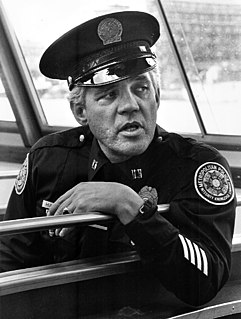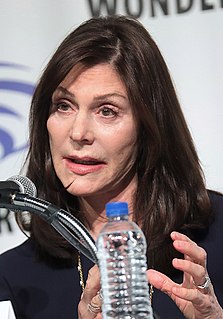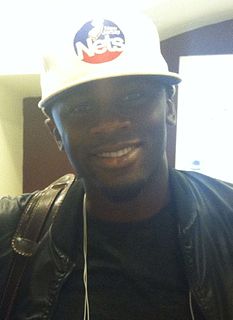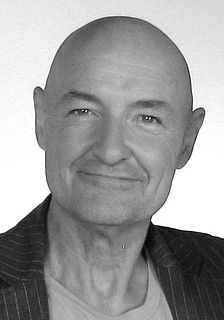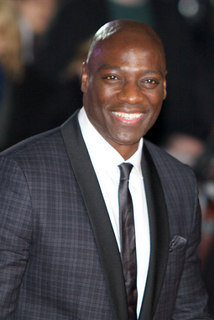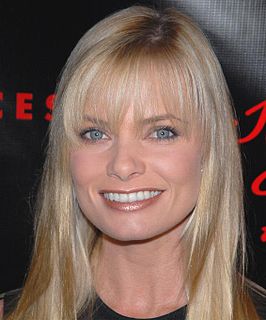A Quote by Eric Balfour
I would really like to focus on directing features, and then eventually take that skill set back to television. On features, you have more control. On television, the producers are the creative forces behind it. Directors come and go on television.
Related Quotes
I did a good bit of episodic television directing, but directing a movie is so much more complicated. And there's so much more responsibility because the medium is very much a director's medium. Television is much more of a producer's writer's medium so a lot of the time when you're directing a television show they have a color palette on set or a visual style and dynamic that's already been predetermined and you just kind of have to follow the rules.
I think that what 'Oz' did is it spawned a great generation of television production. But people know its place in television and just in great dramas. It's the foundation of my career. Most producers, show runners, directors, and casting directors put me in movies based on my performance in that show.

